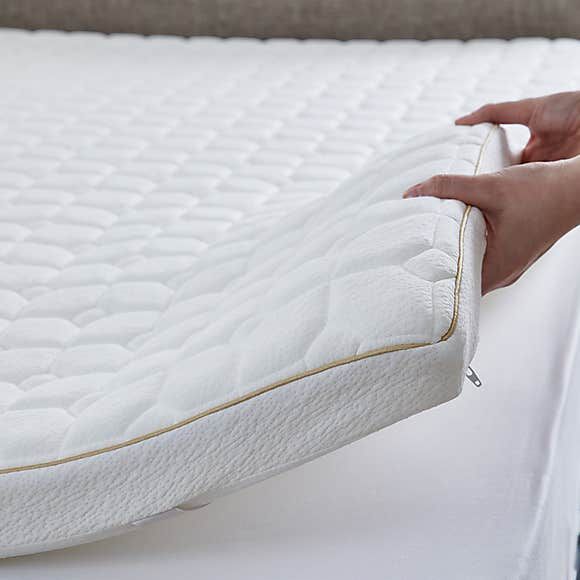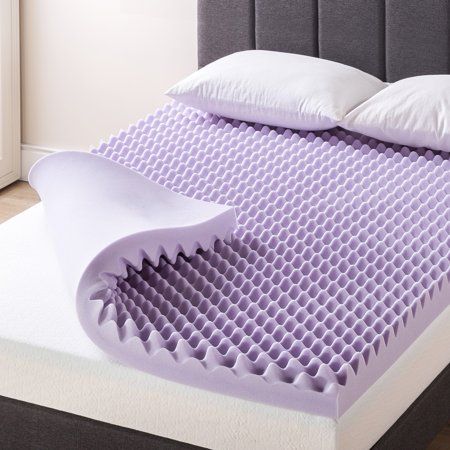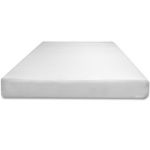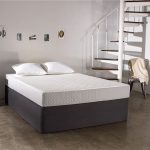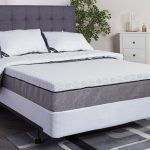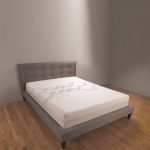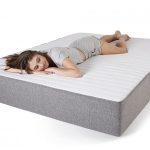Choosing the right memory foam mattress for your needs is crucial for getting a good night’s sleep and waking up feeling refreshed and well-rested. Memory foam mattresses have become increasingly popular in recent years due to their ability to conform to the shape of your body, providing unmatched comfort and support. However, with so many options available on the market, it can be overwhelming to choose the right one. Here are some key factors to consider when selecting a memory foam mattress that will best suit your needs.
1. Firmness Level: One of the most important factors to consider when choosing a memory foam mattress is the firmness level. Memory foam mattresses come in varying levels of firmness, ranging from soft to firm. The right firmness level for you will depend on your personal preference and sleeping habits. If you prefer a softer feel and tend to sleep on your side, a medium-soft mattress may be the best option. If you prefer a firmer feel and tend to sleep on your back or stomach, a medium-firm or firm mattress may be more suitable.
2. Thickness: The thickness of a memory foam mattress can also impact the level of support and comfort it provides. Thicker mattresses generally offer more cushioning and support, making them ideal for individuals who weigh more or suffer from back pain. However, thicker mattresses can also be more expensive and may not be necessary for everyone. A mattress that is around 10 inches thick is a good option for most people, but if you prefer a more plush feel, a thicker mattress may be worth considering.
3. Density: The density of the memory foam used in a mattress can also affect its performance and durability. Higher-density memory foam is more supportive and durable, but it can also retain more heat and feel firmer. Lower-density memory foam is softer and more contouring but may not provide as much support or durability. When choosing a memory foam mattress, it’s important to consider your weight and sleeping habits. Heavier individuals may benefit from a higher-density memory foam mattress, while lighter individuals may prefer a lower-density option.
4. Cooling Properties: One common complaint about memory foam mattresses is that they can retain heat, causing some people to sleep hot. If you tend to sleep hot or live in a warm climate, it’s important to look for a memory foam mattress that is designed to dissipate heat and regulate temperature. Some memory foam mattresses are infused with cooling gel or have a breathable cover to help keep you cool and comfortable throughout the night.
5. Motion Isolation: Memory foam mattresses are known for their ability to absorb and isolate motion, making them a great option for couples who sleep in the same bed. If you share your bed with a partner or pet, it’s important to choose a memory foam mattress that has good motion isolation to prevent you from feeling their movements during the night. Look for a mattress with a thick layer of memory foam or a foam composition that minimizes motion transfer.
In conclusion, choosing the right memory foam mattress for your needs requires careful consideration of factors such as firmness level, thickness, density, cooling properties, and motion isolation. By taking the time to research and test different options, you can find a memory foam mattress that will provide you with the comfort and support you need for a restful night’s sleep. Investing in a high-quality memory foam mattress is a worthwhile investment in your health and well-being, so be sure to choose wisely.
 goodworksfurniture Decoration and home design ideas
goodworksfurniture Decoration and home design ideas
